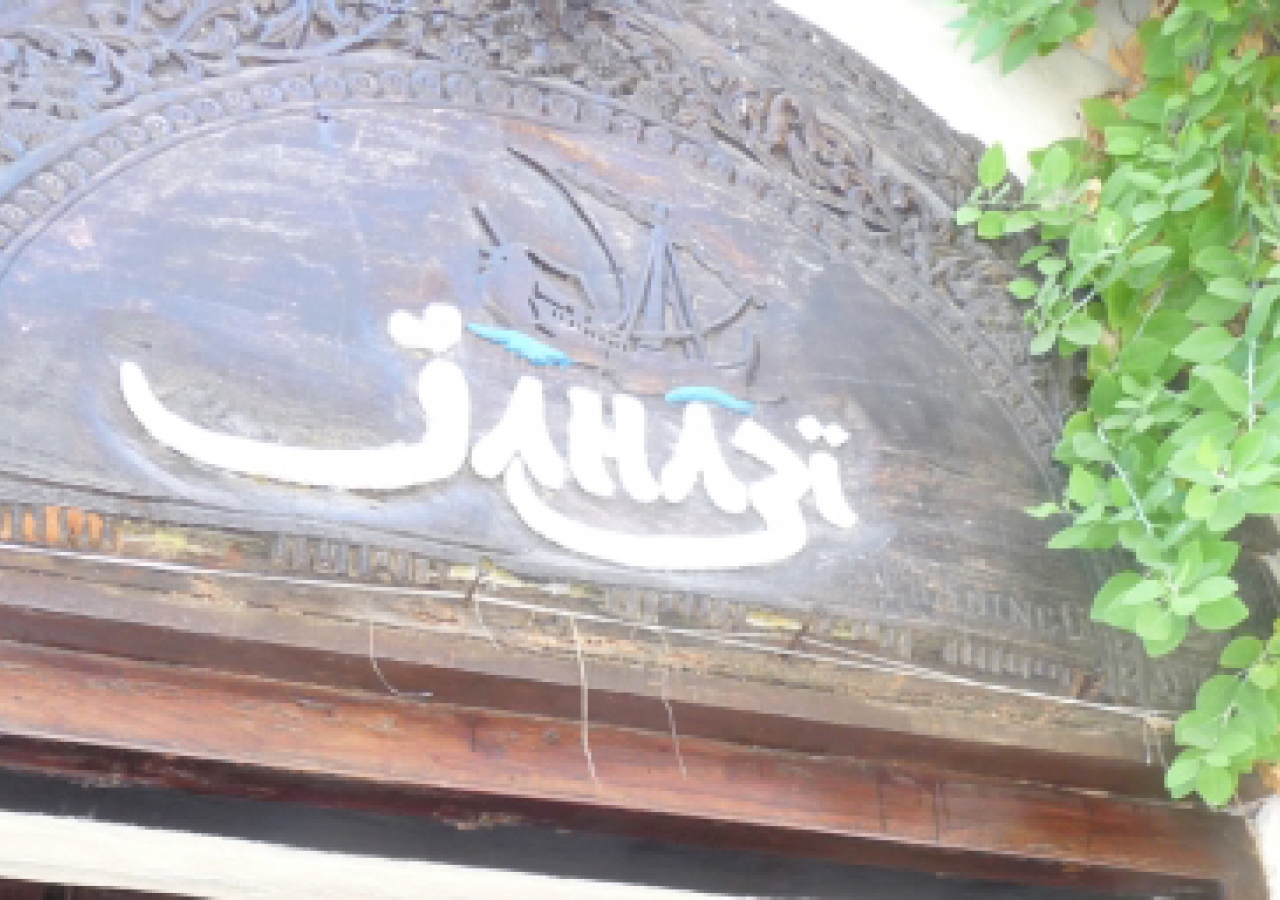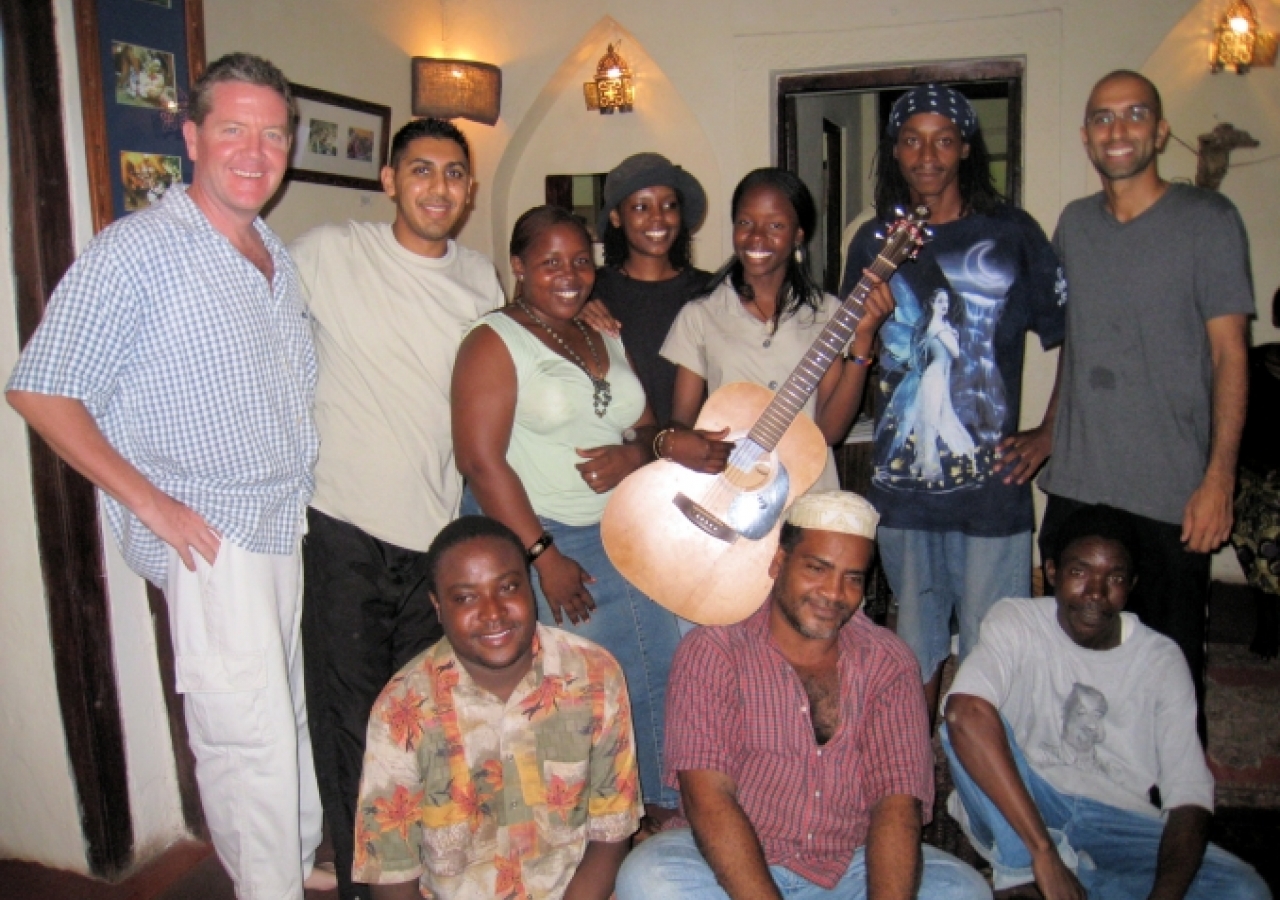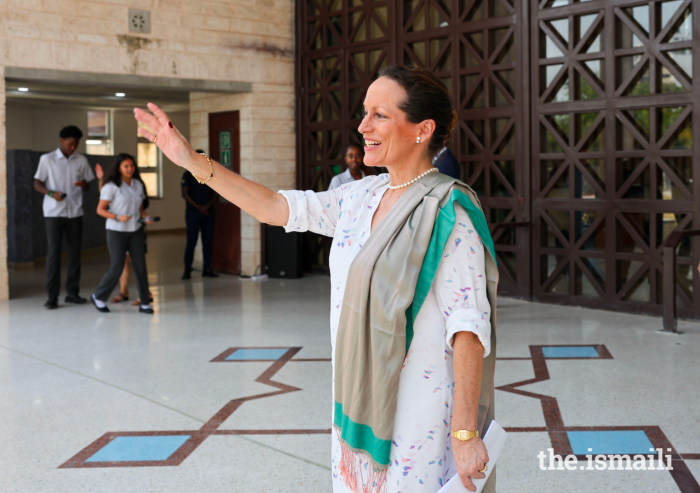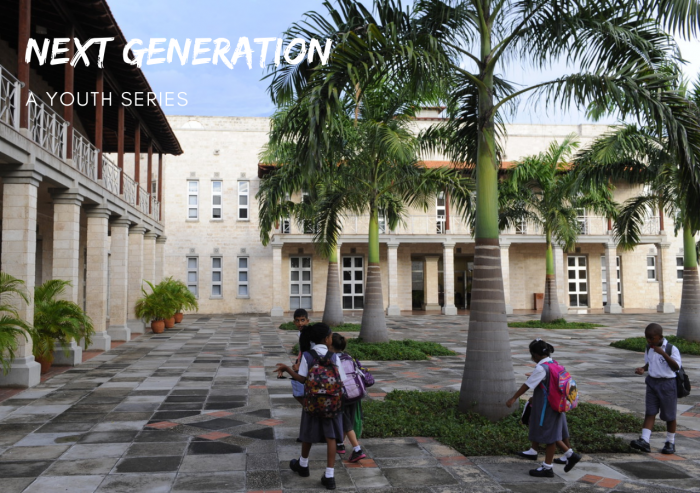A few minutes' walk from historic Fort Jesus, along the narrow streets of Old Town Mombasa is a little gem of a place that radiates the hopefulness of a new generation. Its founders choose to look beyond the fray of individualistic pursuit, and are making a praiseworthy effort to improve the lives of the community amongst which they live.
The Jahazi Coffee House is the brainchild of three teachers at the Aga Khan Academy Mombasa. It is a meeting place where young and old, rich and poor, residents and visitors alike, enjoy tea, coffee, snacks or a meal, and engage in a rigorous exchange of ideas and opinions.
Beyond the traditional Swahili fare and the authentic “Old Town experience,” what is inspirational about this endeavour is the spirit in which the founders have conceptualised and nurtured it. They have shown that, often enough, making a difference in the world needn't come with a big price tag. It simply requires common purpose, an engaged imagination and a bounty of spirit.
Mumbai-born Aziz Batada, Toronto-born Naheed Bardai, and Boston-born George Killeen all met at the Aga Khan Academy Mombasa when they moved to Kenya to begin teaching at the school. Beyond their demanding professional careers, they were each looking to make a positive contribution to society, and sought to advocate the ethical values being instilled in their students.
“We are not doing anything out of the ordinary,” says Batada. “As professionals, we are grateful for all the opportunities we have been afforded in life and it is our duty to challenge ourselves to try to make a positive difference.”
In the once vibrant area of Old Town, they discovered a collection of historical buildings dating from the 18th century that combine African, Arabic and European influences. Many of these buildings barely still existed; they were neglected and slowly deteriorating, threatening the loss of the area's rich cultural heritage. Taking a leaf from the numerous cultural revitalisation projects of the Aga Khan Trust for Culture, they devised a plan.
They chanced upon an ideal space for the Jahazi Coffee House through an Old Town master carpenter, Abdallah Ali Mohamed, who owned a traditional Swahili furniture shop and told them that there was a vacant shop across from his. Although it was run down, many of the classic Swahili architectural elements remained intact: the limestone walls, niches decorated with cut Arabic designs, wooden beams in the ceiling, and intricately carved wooden doors and windows. Within months, they transformed the abandoned house into a nostalgic space buzzing with people from all over the world.
The teachers partnered with Mohamed, who now manages Jahazi and provided the carved wooden chairs and tables, which are for sale. They also recruited Mombasa-born coffee barista Mohamed Riziko, who honed his skills at a Starbucks in Saudi Arabia, moved back to Nairobi and then returned to the Coast, as well as two local Swahili women who painstakingly prepare all the exquisite snacks and meals – mahambri, bharazi, samosas, biryani and an array of traditional Swahili cuisine, all at affordable prices.
The facility also incorporates a community learning centre with books, a computer, works of art that promote local artists, and historical pieces that reflect the diversity of Mombasa. The cafe's meeting room provides a space where community and civil society groups can gather, musicians can perform, poets can recite, and stories can be shared. The teachers are actively involved in promoting skills development amongst their staff and local community members by educating them on improving their business acumen and how, through the spirit of collaboration and enterprise, they can better their livelihoods.
Students from the Aga Khan Academy Mombasa also visit the Coffee House to teach English and Math to local community children as part of the Creativity, Action and Service component of the International Baccalaureate Diploma curriculum. Recently, two children from Old Town qualified for admission and financial aid to attend the Academy – a great accomplishment and source of pride for local residents.
The objective of the venture was never financial gain. Jahazi Coffee House is registered as a trust and is funded by the three teachers, from operational revenues and donations. While financial self-sufficiency is a crucial objective for the founders going forward, the project has already achieved a lot. Jahazi has won international recognition for its work and has been featured in numerous magazines and newspapers around the world. Inspired by their accomplishments, a Toronto-based non-governmental organisation held a fund raiser for the project and donated nearly CAD $10 000 towards the initiative.
Some Mombasa hoteliers are looking at partnering with Jahazi to create tailor-made package tours for their guests. The facility is also becoming an attraction for local residents – many of whom have not visited Old Town for decades – as well as visitors. It has become a crucible of cultural encounters; a space that invites dialogue and offers a living and breathing form of pluralism.
 The Mombasa community listens to a performance during one of Jahazi`s Cultural Nights. Courtesy of the Ismaili Council for Kenya
The Mombasa community listens to a performance during one of Jahazi`s Cultural Nights. Courtesy of the Ismaili Council for KenyaEfforts are being made to mobilise civil society groups within the area in order to catalyse revitalisation efforts in the neighbourhood. Ideas such as the once-annual Mombasa Carnival or a Montreal-style local Jazz Festival are being floated.
The Jahazi Coffee House stands as an even brighter beacon when painted against the broad and far-reaching work of the Aga Khan Development Network. It can be seen as an example of what Mawlana Hazar Imam has called the “beneficial ripple effect.”
Batada harbours high hopes for Jahazi, and sees the project as a model that could be replicated elsewhere: “One day, when, inshallah, there is a network of 18 Academies, there will be that many more students and teachers who may look upon this project and find inspiration to do something for those amongst whom they live.”











